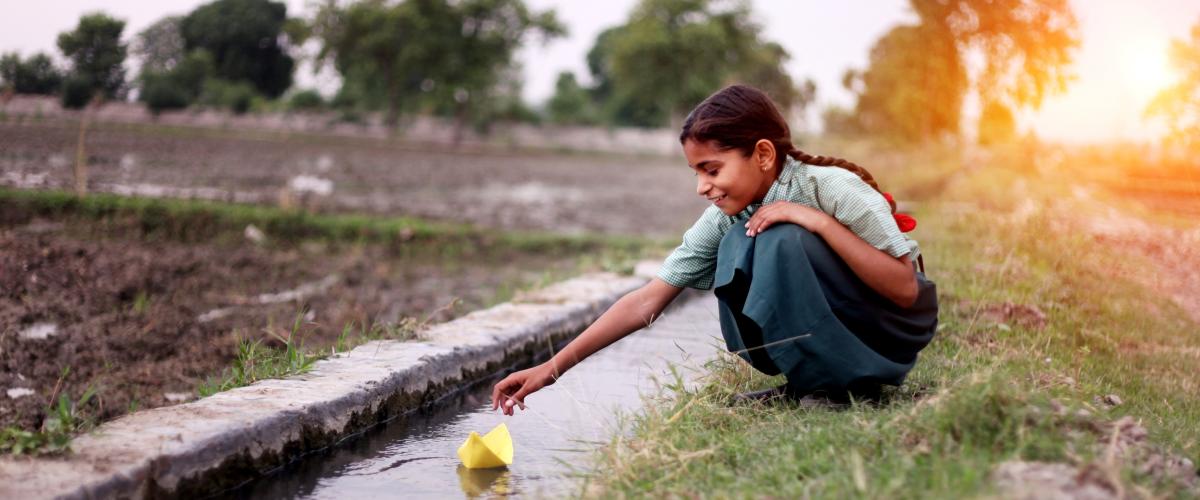
News
The World Bank has released US$496.25 million to support the Philippine government’s efforts to hasten recovery, rehabilitation, and reconstruction in areas battered by Typhoon Ompong (internationally known as Mangkhut) in mid-September this year.
The World Bank, Build Academy, Airbnb, and the Global Facility for Disaster Reduction and Recovery (GFDRR) have launched a global crowd-solving challenge for designs of Resilient Homes.
The great disasters of the past – like the eruption of Vesuvius in 79 AD or the hurricane that devastated Santo Domingo in 1930 – can provide valuable lessons to help governments and institutions increase the resilience of communities in the face of modern challenges, such as climate change and rapid urbanization.
In May 2008, less than four years after the Indian Ocean tsunami resulted in the loss of 230,000 lives, the world witnessed another disaster which provided a tragic illustration of the price people and nations pay in the absence of effective early warning systems being in place.
The Virtual Reality climate change project that shared Fiji’s climate change story with global leaders at COP23 has returned home to Fiji, with thousands expected to see the film in the coming weeks.
The World Bank today approved an International Development Association (IDA)* grant of $10 million to support Sierra Leone in its efforts to recover from severe landslides and floods in Freetown in August 2017.
An expert review has been launched to determine how effective the Caribbean’s early warnings were during the devastating 2017 hurricane season in order to strengthen resilience against future disasters.
At the One Planet Summit convened by President Emmanuel Macron of France, United Nations Secretary General Antonio Guterres, and World Bank Group President Jim Yong Kim, the World Bank Group made a number of new announcements in line with its ongoing support to developing countries for the effective implementation of the Paris Agreement’s goals.
Early results of Climate Risk and Early Warning Systems initiative presented at climate change conference
